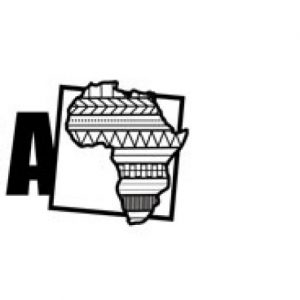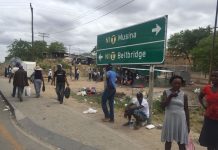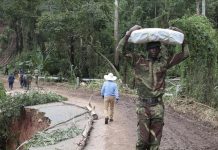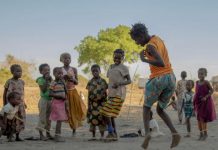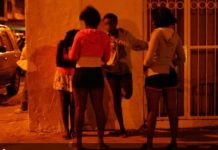Johannesburg: Covid-19 may be hitting South Africa harder than other African nations because of the shape of its economy as well as its greater levels of infections, according to the most recent poll from GeoPoll. The poll finds a ‘missing middle’ around self-employment, and greater falls in essential and non-essential spending than in other nations.
In its April 2021 survey of 2,400 respondents from South Africa, Democratic Republic of Congo, Ivory Coast, Kenya, Mozambique and Nigeria, GeoPoll found the greatest levels of disruption in South Africa, where just 24 per cent of those polled had returned to pre-Covid routines, compared with an average 34 per cent across all six nations.
Moreover, with South Africa reporting the highest number of confirmed cases of COVID-19 in Africa, 33 per cent of South Africans now expect disruption to continue throughout 2021, with normality creeping back only in 2022 and 2023.
By contrast, the other nations polled anticipate a much shorter tail, with an average of just 24 per cent expecting disruption into 2022.
“South Africa has simply been more gravely affected and suffered more disruption. Yet the impact is falling unevenly, with respondents either unaffected or more affected than in other countries, and with very little middle ground,” said Ricardo Lopes, GeoPoll’s Regional Director – Southern Africa.
This polarisation may be due, in part, to the different shape of the economy. South Africa has the highest proportion of respondents in full time jobs, at 28 per cent, compared with 20 per cent across all six nations. But it also has the highest unemployment, at 35 per cent, compared with the six-country average of 32 per cent.
“Where we see a real difference is in the very small percentage of self-employed South Africans, at 10 per cent, compared with, say, Kenya at 26 per cent, or Nigeria at 24 per cent. This means respondents are tending to extremes, either in full-time work or completely unemployed,” said Mr. Lopes.
At the most secure end, this saw 33 per cent of South Africans report their incomes were unchanged in the first quarter of 2021, which was the highest proportion to report stability in any of the countries surveyed and compared with the survey average of 26 per cent.
But at the least secure end, far more South African respondents reported that their spending on non-essentials had decreased sharply in the first quarter, at 49 per cent, compared with the survey average of 39 per cent. Likewise, for essential items, the average reporting large spending cuts across the six nations was 27 per cent, but in South Africa, 32 per cent said they had drastically cut spending on essential items.
The moving out to extremes in the economic impact of Covid-19 ties in with forecasts from the International Monetary Fund (IMF) predicting the economic losses are expected to be much higher in emerging markets than in advanced economies. On an individual level, the virus has deepened inequality across sub-Saharan Africa with young and low-skilled workers, women and refugees bearing the brunt of the downturn.
To download GeoPoll’s full report and view an interactive dashboard of results, please visit this page: https://hubs.ly/H0N43LB0
About GeoPoll
GeoPoll is a leader in providing fast, high quality research from areas that are difficult to access using traditional methods. Using mobile-based, remote methodologies including SMS, voice calls, and online modes, GeoPoll facilitates projects that aid in disaster response, assess food security, demonstrate demand for new projects, and more around the world.
GeoPoll combines a robust mobile surveying platform that has the ability to conduct research via multiple modes with a database of over 250 million respondents in emerging markets around the globe. Strengths lie in GeoPoll’s ability to target extremely specific populations, deploy surveys in multiple countries, and provide expert guidance on how to collect accurate, reliable data through the mobile phone. For more information visit www.GeoPoll.com.

